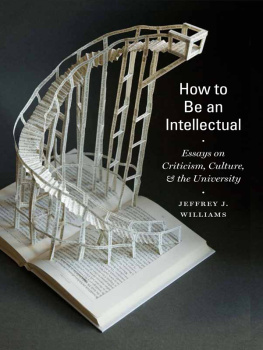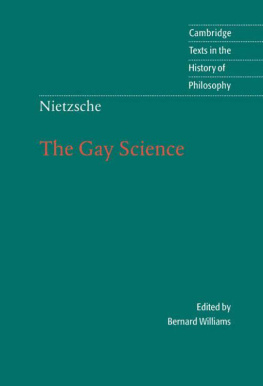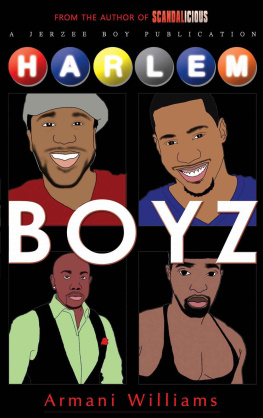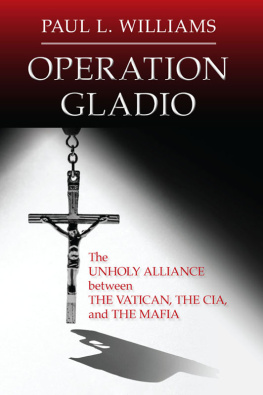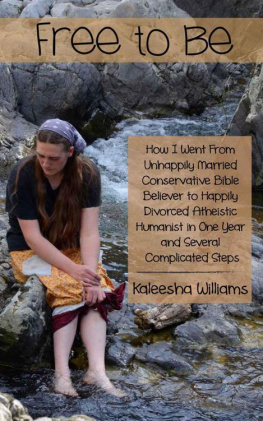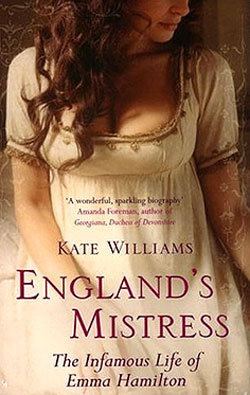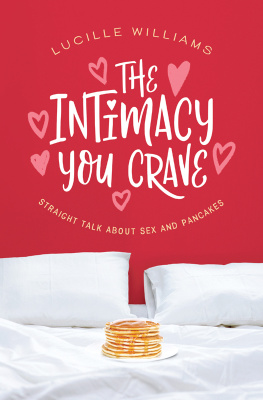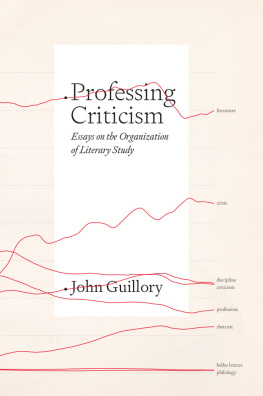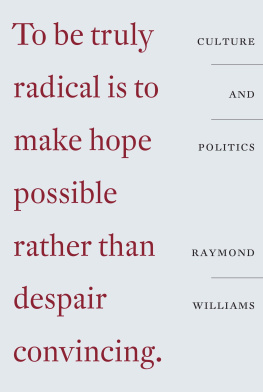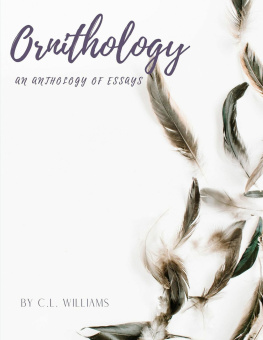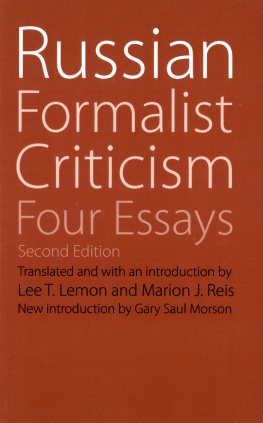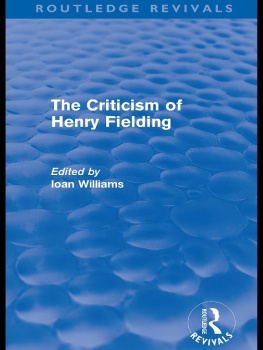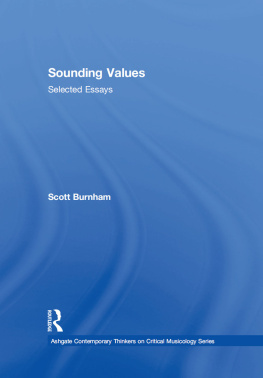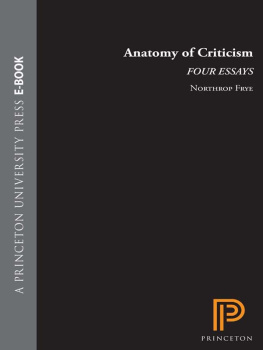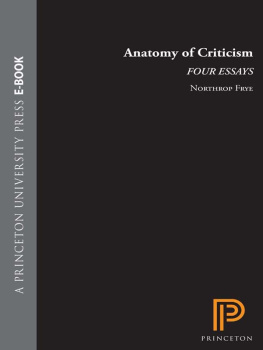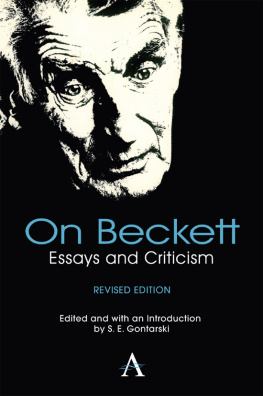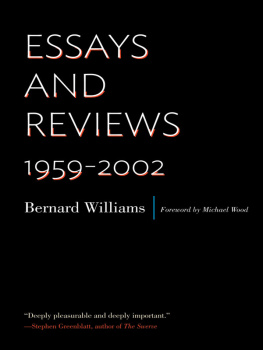How to Be an Intellectual
How to Be an Intellectual
Essays on Criticism, Culture, and the University
Jeffrey J. Williams
FORDHAM UNIVERSITY PRESS
NEW YORK 2014
Copyright 2014 Fordham University Press
All rights reserved. No part of this publication may be reproduced, stored in a retrieval system, or transmitted in any form or by any meanselectronic, mechanical, photocopy, recording, or any otherexcept for brief quotations in printed reviews, without the prior permission of the publisher.
Fordham University Press has no responsibility for the persistence or accuracy of URLs for external or third-party Internet websites referred to in this publication and does not guarantee that any content on such websites is, or will remain, accurate or appropriate.
Fordham University Press also publishes its books in a variety of electronic formats. Some content that appears in print may not be available in electronic books.
Library of Congress Cataloging-in-Publication Data
Williams, Jeffrey, 1958 author.
How to be an intellectual : essays on criticism, culture, and the university / Jeffrey J. Williams. First edition.
pages cm
Summary: This book sheds academic obscurity to tell the story of trends in contemporary literary and cultural criticism and the state of the American university. It collects noted and new essays by Jeffrey J. Williams, who regularly publishes in Dissent, the Chronicle of Higher Education, and LARB, as well as major academic venues Provided by publisher.
ISBN 978-0-8232-6380-6 (hardback) ISBN 978-0-8232-6381-3 (paper)
1. CriticismUnited States. 2. IntellectualsUnited States. 3. LiteratureStudy and teaching (Higher)United States. I. Title.
PN99.U5W55 2014
801.950973dc23
2014008676
Printed in the United States of America
16 15 14 5 4 3 2 1
First edition
CONTENTS
If I thanked all the people that there are to thank, the acknowledgments would threaten to be endless. Let me note, first, the editors who suggested, commissioned, or edited these essays in earlier versions. I am especially grateful to Liz McMillen at the Chronicle of Higher Education for getting me started there, and to Karen Winkler for keeping me going. I would also like to thank the people at Dissent, a good journal for criticism between academic and glossy, in particular Maxine Phillips and Michael Walzer. And I should thank Evan Kindley at Los Angeles Review of Books for prompting me to write on liberal bias, as well as Eyal Amiran, longtime stalwart at Postmodern Culture.
I am grateful for comments and encouragement from colleagues, particularly from Kathy Newman, Victor Cohen, David Shumway, Jon Klancher, and my students at CMU; Katie Hogan nearby at Carlow; Noah Heringman and Devoney Looser at Missouri; and Hap Veeser, whose gracious remarks came at a good time.
Several people deserve special thanks: Heather Steffen, who helped at key stages getting the book together; Frank Donoghue, who understood the project and wrote a helpful readers report; Luke Menand, whose encouragement helped; Joel Woller, who offers kind comments about my writing after beating me at backgammon; Marc Bousquet, who handles the criticism of academic labor so that I dont have to; David Downing, who has been a constant support in the neighborhood; and John Fried, who tapped the journalistic experience he has been trying to hide to give excellent comments.
Finally, I would like to thank Bruce Robbins, who fortunately paid attention to my arguments even when I was a cheeky grad student and has given a boost to this project all along; my daughter, Virginia Williams, who I suspect has had to quell rolling her eyes when Dad sent her essays, to which she gave perceptive comments; and Vince Leitch, who not only read but, channeling American Idol, rated every essay. I owe him a huge debt of gratitude for reading the first version of this manuscript over a weekend and FedExing it back, and for his constant concern. Fortunately, though such a debt is impossible to repay, he seems to accept wine.
Criticism without Footnotes, Credibility and Criticism, and Bellwether appear here for the first time. Other essays first appeared in the following places, sometimes with different titles (titles in journalism are assigned by editors). All of them have been revised for this volume, some quite substantially.
Chronicle of Higher Education: Book Angst; The Critic as Wanderer (Terry Eagleton); The Editor as Broker (Gordon Hutner); From Cyborgs to Animals (Donna Haraway); Gaga Feminism (Judith Halberstam); How Critics Became Smart; Intellectuals and Politics (Stefan Collini); A Life in Criticism (M.H. Abrams); My Life as Editor; Other Peoples Words; The Pedagogy of Prison; Prodigal Critics (Bloom, Fish, and Greenblatt); The Political Theory License (Michael Walzer); The Retrospective Tenor of Recent Theory; The Rise of the Theory Journal; Shelf Life; The Statistical Turn in Literary Criticism; The Thrill Is Gone; The University on Film; Unlucky Jim.
Dissent: The Academic Devolution; How to Be an Intellectual; The Pedagogy of Debt; Student Debt and the Spirit of Indenture.
Inside Higher Ed Academic Opportunities Unlimited.
LARB/Salon: The Neoliberal Bias of Higher Education.
minnesota review: Teacher.
PMC: The Ubiquity of Culture.
VLS: Publicist Intellectuals.
The Critical Pulse: Credos from Thirty-Six Contemporary Critics, ed. Jeffrey J. Williams and Heather Steffen (Columbia University Press, 2012): Long Island Intellectual.
This book represents my effort to write a different kind of criticism from the academic mainstream. It fuses the techniques of literary journalism with scholarship to report on contemporary theory, intellectual life and culture, politics, and the university. One way to put it is that this book offers criticism without footnotes.
Journalism and scholarship usually inhabit different planets, with different gods, languages, and forums. Journalism pays homage to Hermes, favoring speed over the lumbering pace of academe, the timely report over the arcane investigation, the straightforward account over tedious elaboration. Its language is colloquial and direct, and it typically appears in the newspaper, magazine, or blog. Scholarship looks to Apollo, favoring rumination over snap judgments, careful qualifications over broad generalizations, and time-consuming research over the quick surmise. Its language is often hieratic, employing specialized terms specific to those in its particular fields, and it resides in small circulation academic journals or books. There is occasional commerce between the two planets, but rarely dual citizenship, and there is the constant suspicion that one violates precisely what the other values, academics thinking that journalism yields superficial over serious knowledge, and journalists thinking that academia opts for its own obscure cubbyholes over actual relevance.
If a fundamental task of criticism is to explain our culture, I think that scholarship needs better means of exposition than it usually employs and that enjoins an audience beyond a narrow academic field. (We often hear about interdisciplinarity, but most scholarship does not reach an audience outside of its field or period, so perhaps we should start with interfieldarity.) Conversely, we need journalistic accounts that filter from the deep well of scholarship and do not condescend to academe nor make it sound like a distant planet called Geek. So I have tried to develop a kind of writing that resides between the two, tapping into the scholarly but taking the form of the reportorial or exploratory essay. To that end, this book collects thirty-two relatively short essays, at least by academic standards, some five or so pages, drawing a portrait or giving my angle on a topic, and others ten or twelve pages, elaborating on a comparison or larger issue.

